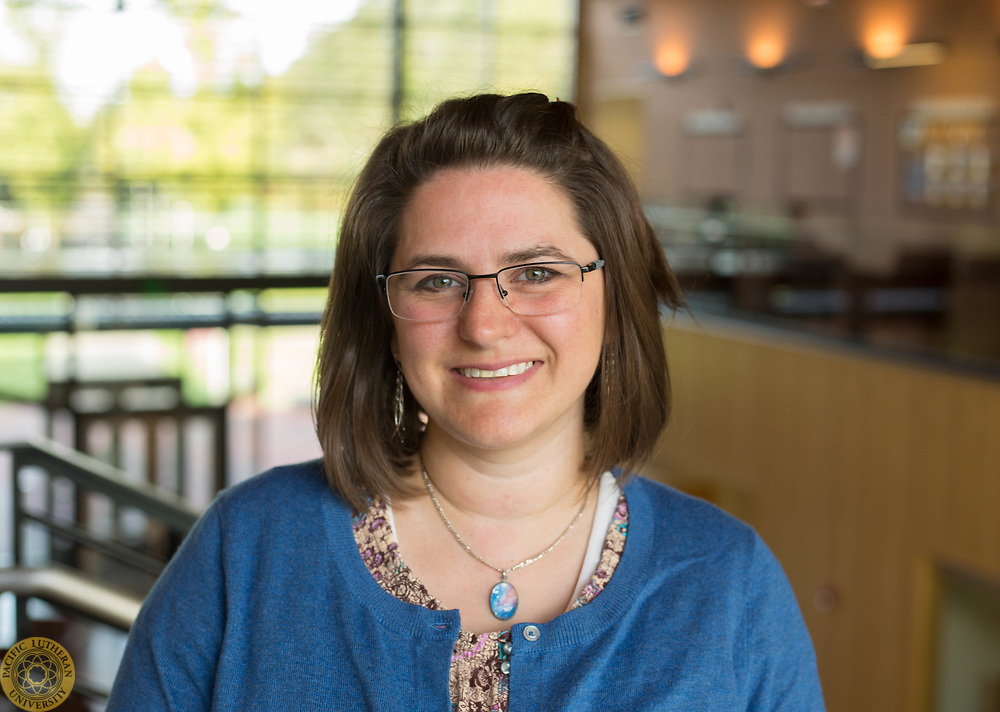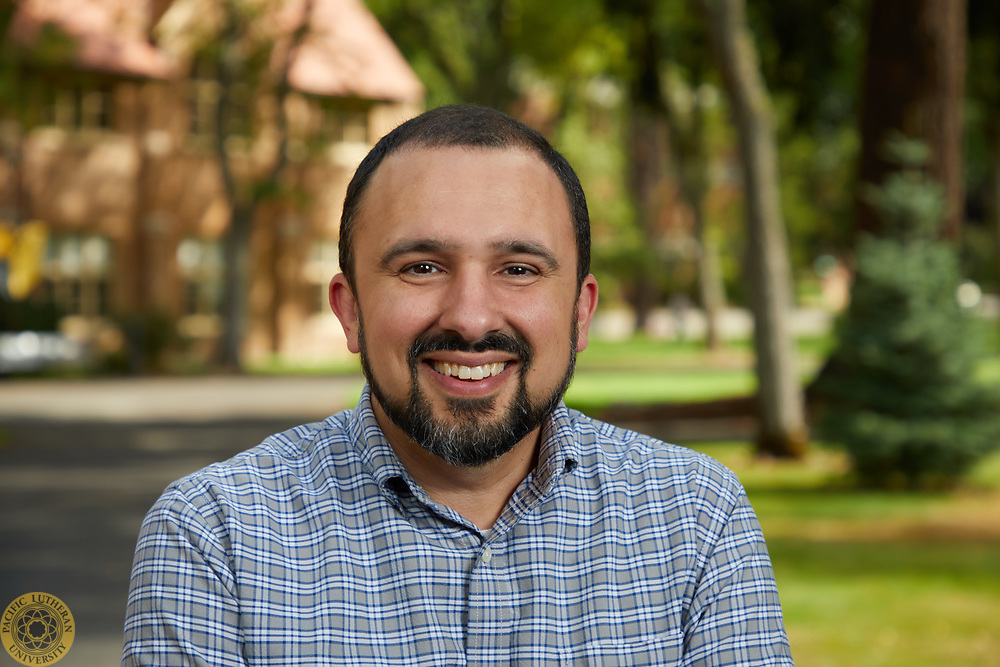Page 2 • (624 results in 0.072 seconds)
-
Curriculum Effective 2023-2026 Total credit hours: 80 (actual coursework based on gap analysis) Program length: Depends on gap analysis for acceptable transfer-in credits (if any) Program start:
Post Masters – non-ARNP-seeking DNP Family Nurse Practitioner Curriculum Effective 2023-2026 Total credit hours: 80 (actual coursework based on gap analysis) Program length: Depends on gap analysis for acceptable transfer-in credits (if any) Program start: Fall (depends on gap analysis) Class schedule: For the most part, classes are held 1-2 days each week. Class schedule changes every term, your classes may fall on a different day for other terms. There may be more days for courses in the
-
Senior Physics capstone presentations will take place Wednesday, May 18th starting at 2pm in Morken 103.
, and the drag coefficient is analyzed for experimental viability. 2:15pm Duncan Haddock – “Optimization of Organic Electrochemical Transistors” Weight fraction blends of a charge-conductive and an-ion conductive ROMP-based polymers were used in an analysis, characterization, and optimization of ion transport through organic electrochemical transistors. 2:30pm Kyle Cross – “Analysis of a double pendulum” A two-armed double pendulum was constructed, and video of its movement was analyzed using
-

Professor of Physics | Wild Hope Center for Vocation | hay@plu.edu | 253-535-7999 | I enjoy explaining physics concepts on a level that is understandable.
. Dragila; International Journal of Numerical Analysis and Modeling Vol. 5, 2008: Accolades 2019-2020 Faculty Excellence Award in Advising, PLU 2018 "Inspirational Woman" - PLU Center for Gender Equity Outstanding Student Paper at conference in Hydrology section for presentation: “Physics of two-phase flow on rough surfaces” at American Geophysical Union Conference 2006, San Francisco Certificate of Appreciation for JPL internship and presentation awarded by the Oregon Space Consortium (2005 Annual
Area of Emphasis/Expertise -
Friday, May 7th Join the Mathematics Department on Zoom to hear the senior capstone presentations. If you’d like to join the online capstone session, please email Professor Jessica Sklar at
. This Capstone will explore violations to this rule. Using data collected on the association on drought and deer health conditions, a Monte Carlo Simulation will be conducted. Then a comparison between the theoretical and simulated results of a Chi-Squared test will be made when the sample size is smaller than typical conventions. 1:30pm – Applications of the Jacobian Matrix to Numerical Analysis of Dynamical Systems Ben Mathewson Dynamical systems measure state change(s) over time. Whether we are
-

Professor of Physics | Department of Physics | hay@plu.edu | 253-535-7999 | I enjoy explaining physics concepts on a level that is understandable.
, Analysis and Simulations of Multiscale Nonlinear Systems, Conference proceedings, Oregon State University 2007 Katrina M. Hay, Maria I. Dragila; International Journal of Numerical Analysis and Modeling Vol. 5, 2008: Accolades 2019-2020 Faculty Excellence Award in Advising, PLU 2018 "Inspirational Woman" - PLU Center for Gender Equity Outstanding Student Paper at conference in Hydrology section for presentation: “Physics of two-phase flow on rough surfaces” at American Geophysical Union Conference 2006
Office HoursTue: 4:00 pm - 5:30 pmFri: 12:00 pm - 1:30 pmMon - Fri: -Area of Emphasis/Expertise -
Major in Mathematics 32 semester hours of mathematics, plus 4 semester hours of supporting courses 32 semester hours of mathematics: MATH 152, 242, 253, 317 or 318 or 319, 331, 433, 455, 499A, 499B 4
, STAT 231, 232, or 233. Strongly recommended: Prior experience with the programming languages R or Python. (4) MATH 351 : Differential Equations An introduction to differential equations emphasizing the applied aspect. First and second order differential equations, systems of differential equations, power series solutions, non-linear differential equations, numerical methods. Prerequisite: MATH 253. (4) MATH 356 : Numerical Analysis How computers store and handle numbers, how to efficiently perform
-
Elizabeth Sloan, Senior Capstone Seminar Using Biolog Ecoplates analysis of microbial communities from canopy soil in the Gifford Pinchot National Forest was analyzed.
2007 Capstone Celebration SymposiumPLU Chemistry Department May 1st to May 4th, 2007 Come and join the Chemistry department to hear the senior capstone presentations. Student presentations will occur Tuesday through Friday. The schedule of talks with more details is given below. [ Tuesday | Wednesday | Thursday | Friday ] All talks will be held in the Morken Center in Room 103!Tuesday, May 1st, 2007 Session 1, Chair: Dean Waldow 1:00 pm - Analysis of Microbial Communities in Forest Canopy Soil
-
The Optometry Admission Test (OAT) is a standardized, 4-hour examination designed to measure general academic ability and comprehension of scientific information.
. Each test results in a numerical score of 200-400. The results are scaled such that a score of 300 represents the average national performance. The four tests are as follows: Survey of Natural Sciences = 90 minutes, 100 questions – 40 questions cover biology, 30 questions cover general chemistry, and 30 questions cover organic chemistry Reading Comprehension = 50 minutes, 40 questions – three reading passages each with 13 or 15 questions about each passage Physics = 50 minutes, 50 questions
-
The Optometry Admission Test (OAT) is a standardized, 4-hour examination designed to measure general academic ability and comprehension of scientific information.
. Each test results in a numerical score of 200-400. The results are scaled such that a score of 300 represents the average national performance. The four tests are as follows: Survey of Natural Sciences = 90 minutes, 100 questions – 40 questions cover biology, 30 questions cover general chemistry, and 30 questions cover organic chemistry Reading Comprehension = 50 minutes, 40 questions – three reading passages each with 13 or 15 questions about each passage Physics = 50 minutes, 50 questions
-

Assistant Professor of Physics | Department of Physics | oneillsm@plu.edu | 253-535-7007
Astrophysics Numerical Hydrodynamics Astrophysical Jets and Black Hole Physics Visualization of 3D Data
Office HoursTue: 2:00 pm - 3:00 pmWed: 1:00 pm - 3:00 pmMon - Fri: -Area of Emphasis/Expertise
Do you have any feedback for us? If so, feel free to use our Feedback Form.


